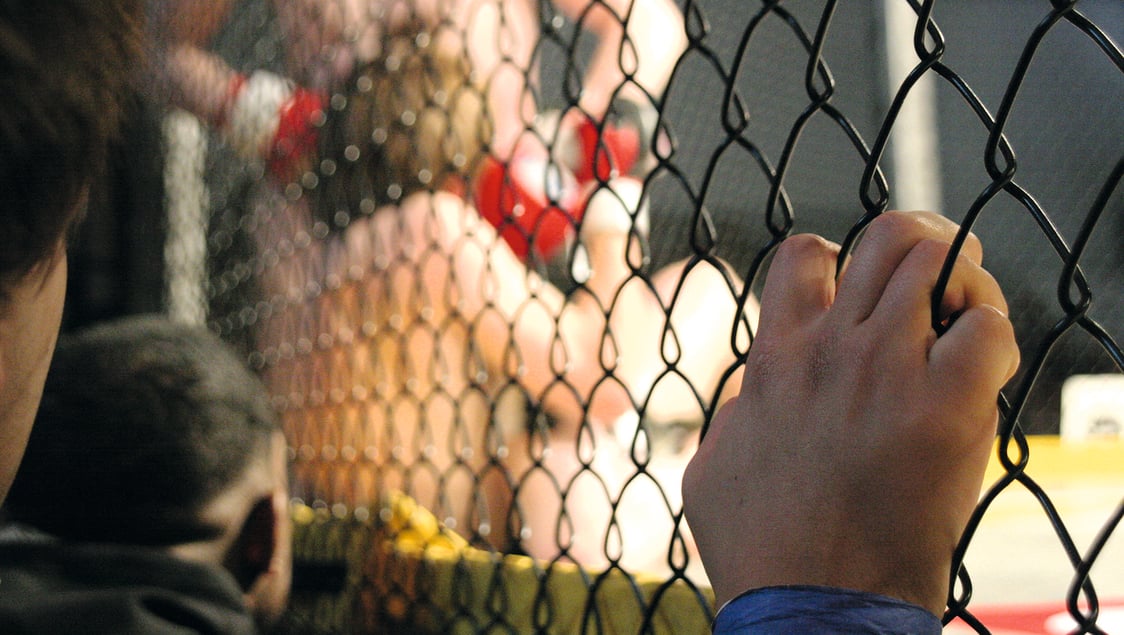
Issue 063
June 2010
I’ve been training for a couple of years and had a few MMA fights. Recently I moved house and there are no MMA clubs near where I live. I’ve been giving some thought to starting a small training group, but I feel a bit out of my depth starting out as a coach. Do you have any tips for how to go about it?
There are no set qualifications that a person needs in order to set up as an MMA coach. People with no experience of MMA can set up a club almost as easily as a seasoned professional fighter. There’s a lot of debate over what makes a good coach, and what level of experience you should expect someone to have before teaching others. Here are some general points to consider.
Honesty
Be open and upfront about your qualifications and experience. It’ll save you problems in the long run, and people will appreciate it. Trying to make yourself out to be something that you’re not will nearly always backfire, usually sooner rather than later.
Communication
One of the most important skills for a coach to have. Be prepared to listen to the views of the people you are coaching. It’s important to get the balance right. If you are taking responsibility for the group then you also have to be the one making the final decisions, but at the same time encouraging feedback and learning from the people around you will make you a much better coach.
First aid
A basic knowledge of first aid is essential. Get yourself on a course.
Insurance
Even with a small training group it’s important to consider the issue of insurance. If someone gets injured in your training session and decides to sue you, it could leave you in a very bad financial situation. Cover for MMA clubs can be hard to find, especially if you don’t have any formal qualifications. You may find it easiest to affiliate to a larger group or organization. Ask around.
Look at what other people are doing
Try and get experience of training at as many different places as you can. Think about what you like or don’t like about the sessions you go to – what works, and what doesn’t. Speak to other coaches, and get a sense of how they do things, and why. Don’t be afraid to ask for advice, or to bring in other people to help.
Fight training or recreational training?
There’s a big difference between training purely as a hobby and training effectively for a fight or competition. In most clubs the fighters are in a minority. The people who come along to learn and have fun are usually the ones paying the bills. If possible, you may want to add in extra team training, sparring, conditioning or one-on-one sessions for those with fights coming up. If not, then give some thought to how the extra training can be incorporated into the regular sessions.
Remember that it’s a learning curve
In starting out as a coach, you’re going to have to develop a whole new set of skills. The only way to learn is from experience, and however hard you try you’re going to make some mistakes along the way. This isn’t always easy to accept, especially if you think your mistake has cost one of your fighters a loss, or even an injury. Naturally you want to do everything you possibly can to avoid this happening – coaching is not a responsibility to take on lightly. But if and when it does, remember that most coaches who have been around for a while will have been in this situation at one time or another. Learn from the mistake, and then move on.
Former pro fighter Rosi Sexton is a sports therapist and osteopath.
...









